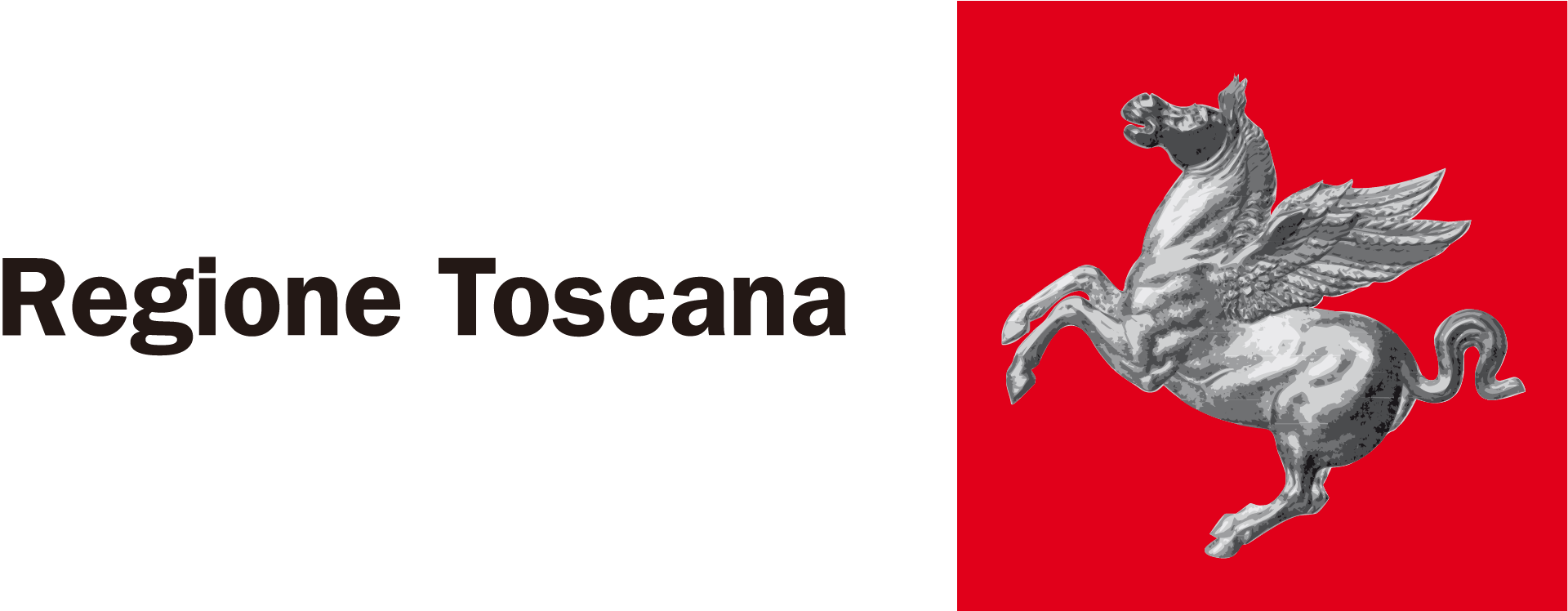The Decree of the President of the Council of Ministers (DCPM) No. 159/2013 has significantly changed the modalities for the computation of the Equivalent Economic Situation Indicator (ISEE). The effects of reform on the access and participation to social security benefits will depend on how the bodies in charge of distributing services modify the entry thresholds and the sharing modalities. This paper describes the results of the simulations performed to evaluate the impact of reform on access to scholarships granted through the Right to University Education. Some simulations considered the rules unchanged, while others assumed adjustments in both the entry threshold and the sum awarded.
Most students applying for a scholarship should be unconcerned by reform, while a small portion advance their position, and the remaining share experience a worsening as compared to the pre-reform system. Among these, the most part is kept out because of an increase in the ISPEP, while a minority group is either excluded because of ISEEP (Equivalent Economic Situation Indicator for local benefits) or qualified for a smaller scholarship. Some simulations are also made assuming different kinds of revisions in the economic requirements, with results that partly augment the number of students ruled out because of ISEEP or receiving smaller grants.
Autore: Maria Luisa Maitino e Letizia Ravagli nell’ambito dell’Area tematica Lavoro, Istruzione e Welfare coordinata da Nicola Sciclone.









